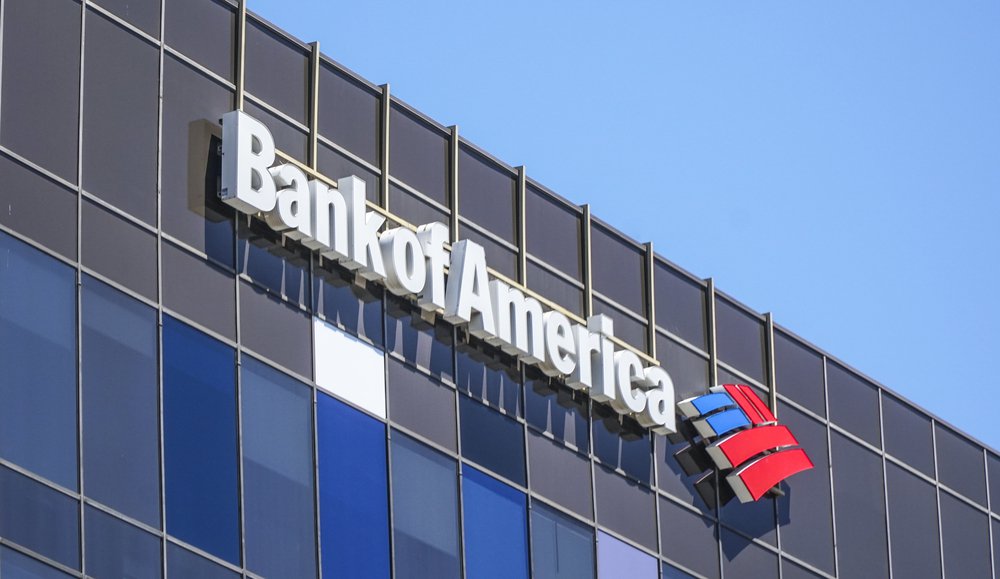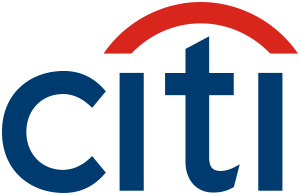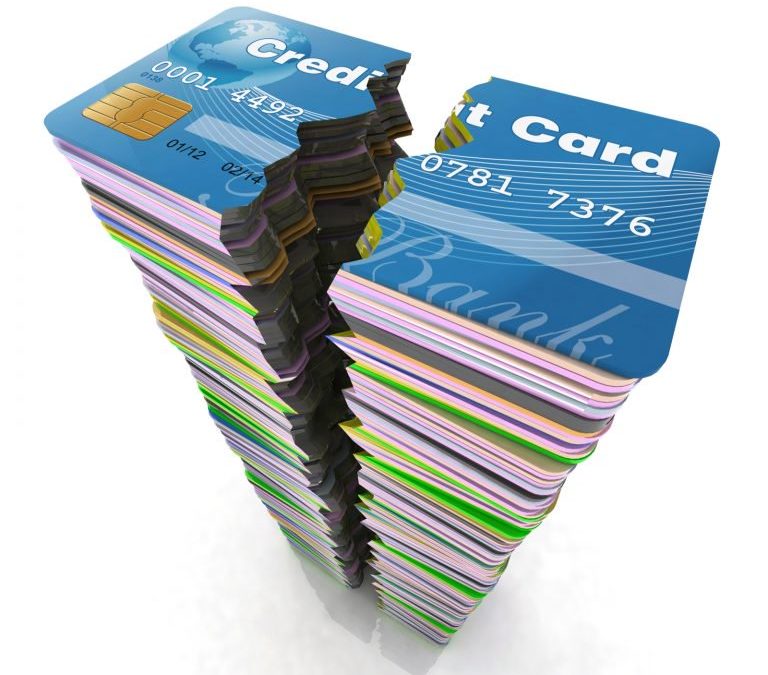U.S. banks really aren’t big on bitcoin. That’s the inference to be drawn from a widespread crypto crackdown led by major financial institutions. Bank of America, the country’s second largest bank, is the latest player to give bitcoin the thumbs down, joining JP Morgan Chase and Citigroup in seeking to distance itself from cryptocurrency purchases made with credit card.
Also read: Tether Printed One-Third of All USDT After Receiving Subpoena
Banks and Bitcoin Don’t Mix
For all the progress bitcoin has made in gaining mainstream recognition over the past 12 months, there’s a growing sense that the world of traditional finance is pushing back against cryptocurrency. That’s not to say that major banks feel directly threatened per se. Nevertheless, the climate is very much one of mistrust, caution and self-preservation, in keeping with the conservative nature of these age-old institutions. If bitcoin is to prosper, it will need to do so without the support of many of the financial organizations that are capable of providing an onramp to the world of decentralized currencies.

As of Friday February 2, Bank of America has stopped accepting credit card transactions from cryptocurrency exchanges. While debit cards are believed to be unaffected, customers of exchanges such as Coinbase will no longer be able to purchase crypto with credit card. As news.Bitcoin.com has previously reported, the growing number of people purchasing bitcoin on credit, a trend which peaked amidst December’s price rally, is a high-risk move that’s been widely criticized.
 Thus, the decision made by Bank of America and Citigroup, which also announced it would be following suit on Friday, is defensible from a business perspective. These companies are trying to protect themselves against customers recklessly borrowing to buy bitcoin and then finding themselves unable to pay off their debts should the cryptocurrency plummet in price, as has proven to be the case. The news follows in the wake of a Europe-wide crackdown on crypto debit cards, orchestrated by a Visa subsidiary, and comes amidst a climate of increased regulatory pressure on cryptocurrencies as a whole.
Thus, the decision made by Bank of America and Citigroup, which also announced it would be following suit on Friday, is defensible from a business perspective. These companies are trying to protect themselves against customers recklessly borrowing to buy bitcoin and then finding themselves unable to pay off their debts should the cryptocurrency plummet in price, as has proven to be the case. The news follows in the wake of a Europe-wide crackdown on crypto debit cards, orchestrated by a Visa subsidiary, and comes amidst a climate of increased regulatory pressure on cryptocurrencies as a whole.
Bittrex Gains a Bank as Cryptopia Loses One
In a podcast on Friday, Bittrex CEO Bill Shihara confirmed that the U.S. exchange will soon be enabling fiat currency deposits in U.S dollars. The move has been interpreted as a desire on behalf of Bittrex to free itself from the increasingly tainted brand of Tether. At present Bittrex, together with fellow U.S. exchange Kraken, is reliant on tethers as a form of pseudo-fiat currency. In light of the news that U.S. officials subpoenaed Tether last month, it’s logical that Bittrex should want to free itself from being solely reliant on tethers.
Other exchanges haven’t been faring so well in the banking stakes however. Last week, New Zealand’s Cryptopia exchange announced that its domestic banking services had been withdrawn at short notice, writing: “Unfortunately, our current bank has notified us that they intend to close our NZDT account on 9 February. Due to this, we are announcing an immediate halt to NZDT deposits from COB today.”
 Cryptopia also spoke of receiving “extremely short notice from the bank” and “little opportunity to present our case and provide compliance documentation to demonstrate our commitment to the applicable regulations”. In what may be a dig at Bitfinex, whose ever-changing and ever-opaque banking provisions are well-documented, Cryptopia added: “Whilst some exchanges choose to operate by opening bank accounts without being transparent (and running these until they get shut down), we believe this exposes us and our customers to greater risk and uncertainty.”
Cryptopia also spoke of receiving “extremely short notice from the bank” and “little opportunity to present our case and provide compliance documentation to demonstrate our commitment to the applicable regulations”. In what may be a dig at Bitfinex, whose ever-changing and ever-opaque banking provisions are well-documented, Cryptopia added: “Whilst some exchanges choose to operate by opening bank accounts without being transparent (and running these until they get shut down), we believe this exposes us and our customers to greater risk and uncertainty.”
Despite growing interest in cryptocurrencies, getting money in and out of exchanges remains as hard as it’s ever been. It was that way in 2013, when banks scarcely knew what bitcoin was, and it’s still that way in 2018. Banks know all about bitcoin now but the vast majority want nothing to do with it.
Do you think Bank of America and Citigroup are opposed to bitcoin or are they simply trying to protect their customers from getting into debt? Let us know in the comments section below.
Images courtesy of Shutterstock, Citigroup and Bank of America.
At Bitcoin.com there’s a bunch of free helpful services. For instance, have you seen our Tools page? You can even lookup the exchange rate for a transaction in the past. Or calculate the value of your current holdings. Or create a paper wallet. And much more.
The post Bank of America Becomes the Latest Credit Card-Issuer to Ban Bitcoin appeared first on Bitcoin News.














